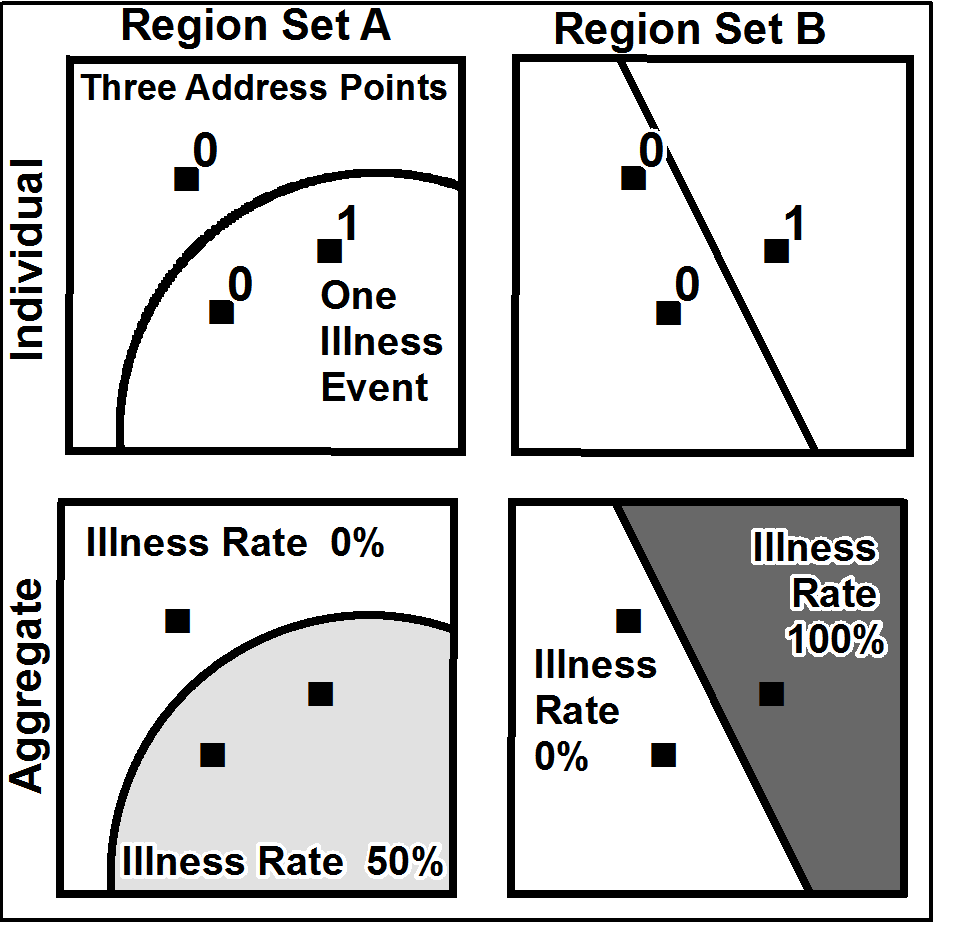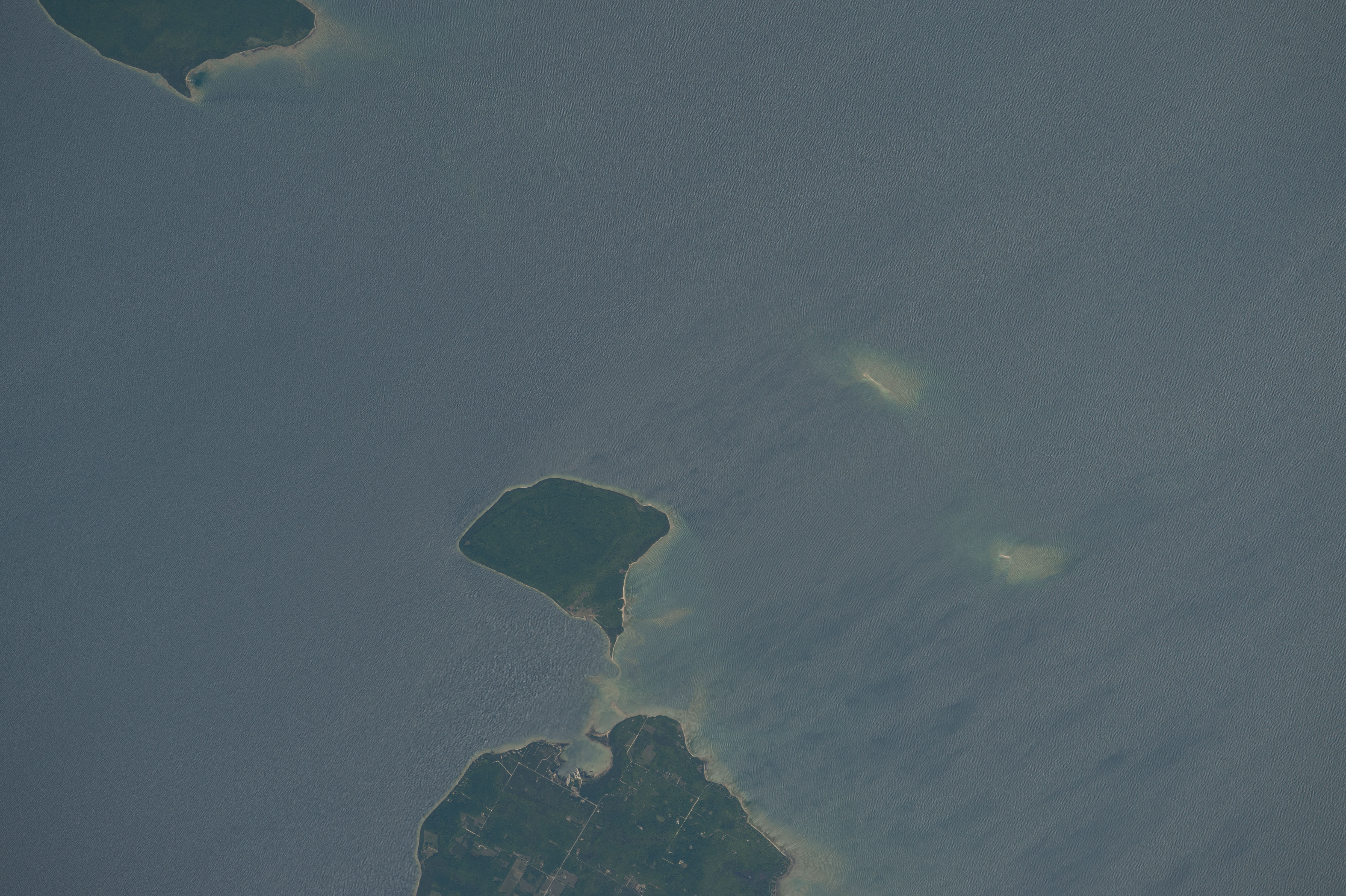|
Quantitative Geography
Quantitative geography is a subfield and methodological approach to geography that develops, tests, and uses scientific, mathematical, and statistical methods to analyze and model geographic phenomena and patterns. It aims to explain and predict the distribution and dynamics of human and physical geography through the collection and analysis of quantifiable data. The approach quantitative geographers take is generally in line with the scientific method, where a falsifiable hypothesis is generated, and then tested through observational studies. This has received criticism, and in recent years, quantitative geography has moved to include systematic model creation and understanding the limits of their models. This approach is used to study a wide range of topics, including population demographics, urbanization, environmental patterns, and the spatial distribution of economic activity. The methods of quantitative geography are often contrasted by those employed by qualitative geography ... [...More Info...] [...Related Items...] OR: [Wikipedia] [Google] [Baidu] |
Quantitative Research
Quantitative research is a research strategy that focuses on quantifying the collection and analysis of data. It is formed from a deductive approach where emphasis is placed on the testing of theory, shaped by empiricist and positivist philosophies. Associated with the natural, applied, formal, and social sciences this research strategy promotes the objective empirical investigation of observable phenomena to test and understand relationships. This is done through a range of quantifying methods and techniques, reflecting on its broad utilization as a research strategy across differing academic disciplines. There are several situations where quantitative research may not be the most appropriate or effective method to use: 1. When exploring in-depth or complex topics. 2. When studying subjective experiences and personal opinions. 3. When conducting exploratory research. 4. When studying sensitive or controversial topics The objective of quantitative research is to deve ... [...More Info...] [...Related Items...] OR: [Wikipedia] [Google] [Baidu] |
Geographic Information Science
Geographic information science (GIScience, GISc) or geoinformation science is a scientific discipline at the crossroads of computational science, social science, and natural science that studies geographic information, including how it represents phenomena in the real world, how it represents the way humans understand the world, and how it can be captured, organized, and analyzed. It is a sub-field of geography, specifically part of technical geography. It has applications to both physical geography and human geography, although its techniques can be applied to many other fields of study as well as many different industries. As a field of study or profession, it can be contrasted with geographic information systems (GIS), which are the actual repositories of geospatial data, the software tools for carrying out relevant tasks, and the profession of GIS users. That said, one of the major goals of GIScience is to find practical ways to improve GIS data, software, and profess ... [...More Info...] [...Related Items...] OR: [Wikipedia] [Google] [Baidu] |
Alexander Stewart Fotheringham
Alexander Stewart Fotheringham (born February 2, 1954) is a British-American geographer known for his contributions to quantitative geography, geographic information science (GIScience), and spatial analysis. He holds a Ph.D. in geography from McMaster University and is professor of Geography at Florida State University. He has contributed to the literature surrounding spatial analysis and spatial statistics, particularly in the development of geographically weighted regression (GWR) and multiscale geographically weighted regression (MGWR). Education Fotheringham received a BSc in geography from the University of Aberdeen in 1976. He received an M.A. in 1978 and Ph.D. in 1980, both in geography from McMaster University. His research focuses on developing and applying spatial statistics, mathematical, and computational methods within the discipline of quantitative geography. He has worked both on the theoretical and applied side of quantitative geography. His applied research in ... [...More Info...] [...Related Items...] OR: [Wikipedia] [Google] [Baidu] |
Vagueness
In linguistics and philosophy, a vague predicate is one which gives rise to borderline cases. For example, the English adjective "tall" is vague since it is not clearly true or false for someone of middling height. By contrast, the word " prime" is not vague since every number is definitively either prime or not. Vagueness is commonly diagnosed by a predicate's ability to give rise to the Sorites paradox. Vagueness is separate from ambiguity, in which an expression has multiple denotations. For instance the word "bank" is ambiguous since it can refer either to a river bank or to a financial institution, but there are no borderline cases between both interpretations. Vagueness is a major topic of research in philosophical logic, where it serves as a potential challenge to classical logic. Work in formal semantics has sought to provide a compositional semantics for vague expressions in natural language. Work in philosophy of language has addressed implications of vagueness for t ... [...More Info...] [...Related Items...] OR: [Wikipedia] [Google] [Baidu] |
Uncertainty
Uncertainty or incertitude refers to situations involving imperfect or unknown information. It applies to predictions of future events, to physical measurements that are already made, or to the unknown, and is particularly relevant for decision-making. Uncertainty arises in partially observable or stochastic environments, as well as due to ignorance, Laziness, indolence, or both. It arises in any number of fields, including insurance, philosophy, physics, statistics, economics, finance, medicine, psychology, sociology, engineering, metrology, meteorology, ecology and information science. Concepts Although the terms are used in various ways among the general public, many specialists in decision theory, statistics and other quantitative fields have defined uncertainty, risk, and their measurement as: Uncertainty The lack of certainty, a state of limited knowledge where it is impossible to exactly describe the existing state, a future outcome, or more than one possible outcome. ... [...More Info...] [...Related Items...] OR: [Wikipedia] [Google] [Baidu] |
Arbia's Law Of Geography
Arbia's law of geography states, "Everything is related to everything else, but things observed at a coarse spatial resolution are more related than things observed at a finer resolution." Originally proposed as the 2nd law of geography, this is one of several laws competing for that title. Because of this, Arbia's law is sometimes referred to as the second law of geography, or Arbia's second law of geography. Background Since Tobler first invoked the first law of geography in his 1970s paper, there have been many attempts at a second law, including Tobler's second law of geography, and Arbia's law is one such contender. Arbia's law builds on Tobler's first law of geography which states, "Everything is related to everything else, but near things tend to be more related than distant." While Tobler's first law relates to spatial autocorrelation and distance decay, Arbia's law relates to the modifiable areal unit problem, or MAUP and scale dependence of correlation. Arbia's la ... [...More Info...] [...Related Items...] OR: [Wikipedia] [Google] [Baidu] |
Tobler's Second Law Of Geography
The second law of geography, according to Waldo Tobler, is " the phenomenon external to a geographic area of interest affects what goes on inside." This is an extension of his first. He first published it in 1999 in reply to a paper titled "Linear pycnophylactic reallocation comment on a paper by D. Martin" and then again in response to criticism of his first law of geography titled "On the First Law of Geography: A Reply". Much of this criticism was centered on the question of if laws were meaningful in geography or any of the social sciences. In this document, Tobler proposed his second law while recognizing others have proposed other concepts to fill the role of 2nd law. Tobler asserted that this phenomenon is common enough to warrant the title of 2nd law of geography. Unlike Tobler's first law of geography, which is relatively well accepted among geographers, there are a few contenders for the title of the second law of geography. Tobler's second law of geography is less well k ... [...More Info...] [...Related Items...] OR: [Wikipedia] [Google] [Baidu] |
Technical Geography
Technical geography is the branch of geography that involves using, studying, and creating tools to obtain, analyze, interpret, understand, and communicate spatial information. The other branches of geography, most commonly limited to human geography and physical geography, can usually apply the concepts and techniques of technical geography. Nevertheless, the methods and theory are distinct, and a technical geographer may be more concerned with the technological and theoretical concepts than the nature of the data. Further, a technical geographer may explore the relationship between the spatial technology and the end users to improve upon the technology and better understand the impact of the technology on human behavior. Thus, the spatial data types a technical geographer employs may vary widely, including human and physical geography topics, with the common thread being the techniques and philosophies employed. To accomplish this, technical geographers often create their own s ... [...More Info...] [...Related Items...] OR: [Wikipedia] [Google] [Baidu] |
Waldo Tobler 2007
Waldo may refer to: People and fictional characters * Waldo (given name), a list of people and fictional characters with the name * Waldo (surname), a list of people * Waldo (footballer), Brazilian footballer Waldo Machado da Silva (1934–2019) * Waldo (musician), Finnish eurodance musician Marko Reijonen (born 1967) Places Canada * Waldo, British Columbia, a ghost town United States Communities * Waldo, Alabama, a town * Waldo, Arkansas, a city * Waldo, former name of Sausalito, California, a city * Waldo Junction, California, formerly Waldo, an unincorporated community * Waldo, Florida, a city ** Waldo Historic District, Waldo, Florida * Waldo, Kansas, a small town ** Waldo Township, Russell County, Kansas, the surrounding township * Waldo, Kansas City, Missouri, a city neighborhood * Waldo, Magoffin County, Kentucky * Waldo County, Maine ** Waldo, Maine, a town * Waldo, Missouri, an unincorporated community * Waldo, New Mexico, an unincorporated area * W ... [...More Info...] [...Related Items...] OR: [Wikipedia] [Google] [Baidu] |
Spatial Analysis
Spatial analysis is any of the formal Scientific technique, techniques which study entities using their topological, geometric, or geographic properties, primarily used in Urban design, Urban Design. Spatial analysis includes a variety of techniques using different analytic approaches, especially ''spatial statistics''. It may be applied in fields as diverse as astronomy, with its studies of the placement of galaxies in the cosmos, or to chip fabrication engineering, with its use of "place and route" algorithms to build complex wiring structures. In a more restricted sense, spatial analysis is geospatial analysis, the technique applied to structures at the human scale, most notably in the analysis of geographic data. It may also applied to genomics, as in Spatial transcriptomics, transcriptomics data, but is primarily for spatial data. Complex issues arise in spatial analysis, many of which are neither clearly defined nor completely resolved, but form the basis for current resear ... [...More Info...] [...Related Items...] OR: [Wikipedia] [Google] [Baidu] |



